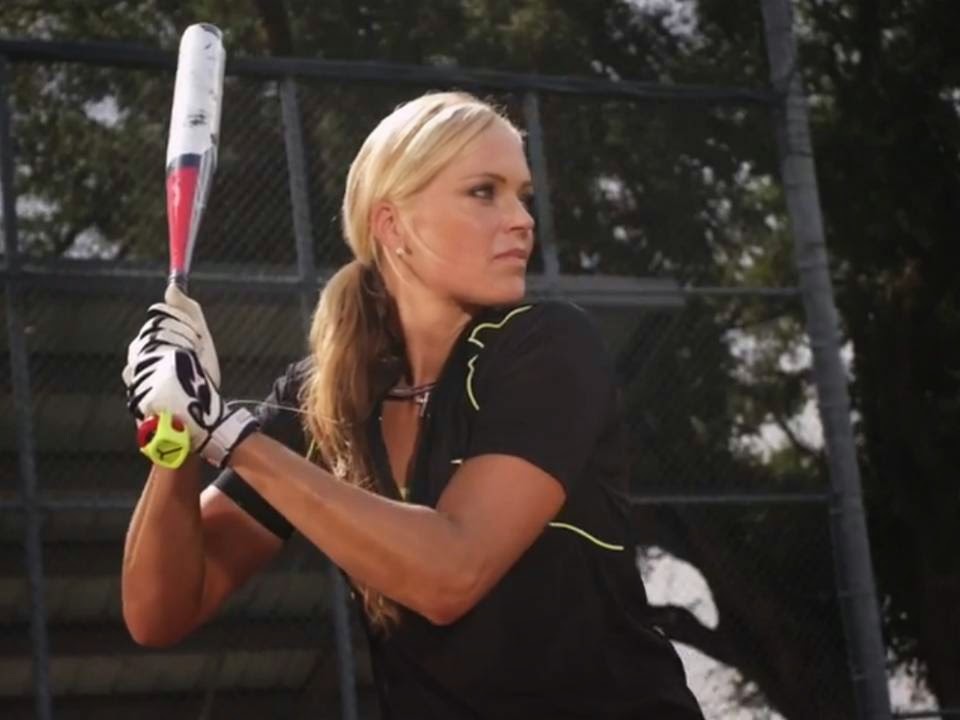When I joined the high school team as a sophomore, I was far from being a polished tennis player. I had only been playing for a year and had never been trained how to properly swing a racket. I just loved to play. The very first thing our coach did when we started practicing was to teach us the mechanics of a proper swing. The time some of us had spent playing before we joined the team had ingrained in us habits that were hard to break and often denied altogether. It surprised me how many of the players on the team were unwilling to change their swings based on our coaches training. Since my high school tennis era, I have reflected on that experience. I have become a fervent believer in the power of seeking and receiving feedback.
It was several years later in a college communication course that I was introduced to Johari's window. Probably because my tennis team experience and other similar ones, the concept rang true to me immediately. It provided a framework to explain why communication and feedback are so important.
The basic concept of Johari's window is simple. There are things you know about yourself, and things you don't know about yourself. There are also things others know about you and things they do not. If you put those four categories into a matrix you get the window with four panes.
Open Area - Truths about you known to both yourself and others
Ex: (I am a male. I know that, others know it too)
Hidden Area - Truths known to yourself, but not to others
Ex: (I listen to the Backstreet Boys. I know it. I keep it hidden from others.)
Blind Area - Truths known to others, but not to yourself
Ex: (My breath smells like death. Others know it. I'm sadly unaware.)
Unknown Area - Truths about you that aren't yet known to yourself or to others
Ex: (I am allergic to Brazil. I didn't know that and neither did anyone else.)
The blind area is the most intimidating window. It is also where the most truth is wasted. These are the truths that others can see but you haven't, can't, or refuse to see about yourself. If a person wants to see clearly where he or she can improve as an athlete (or teacher, or spouse, or neighbor, or friend) this is the richest resource. Why? Because it is truth that is already known by another, and is therefore available to share. Like my tennis coach, who could tell me that I was twisting my wrist when I hit the ball, or that I wasn't holding my racket in the right position. I now have the choice to make that knowledge a part of my open pane by accepting and acknowledging it, or I can force it back into the blind pane by ignoring and denying it.

A successful athlete needs to be eager to improve. The best place to look for that improvement is in the blind area. While it requires some humility to accept and can sometimes hurt to hear, truth from the blind pane is an athlete's best friend. Rather than hide from coaching and feedback, a great athlete will seek it like the treasure it is.









